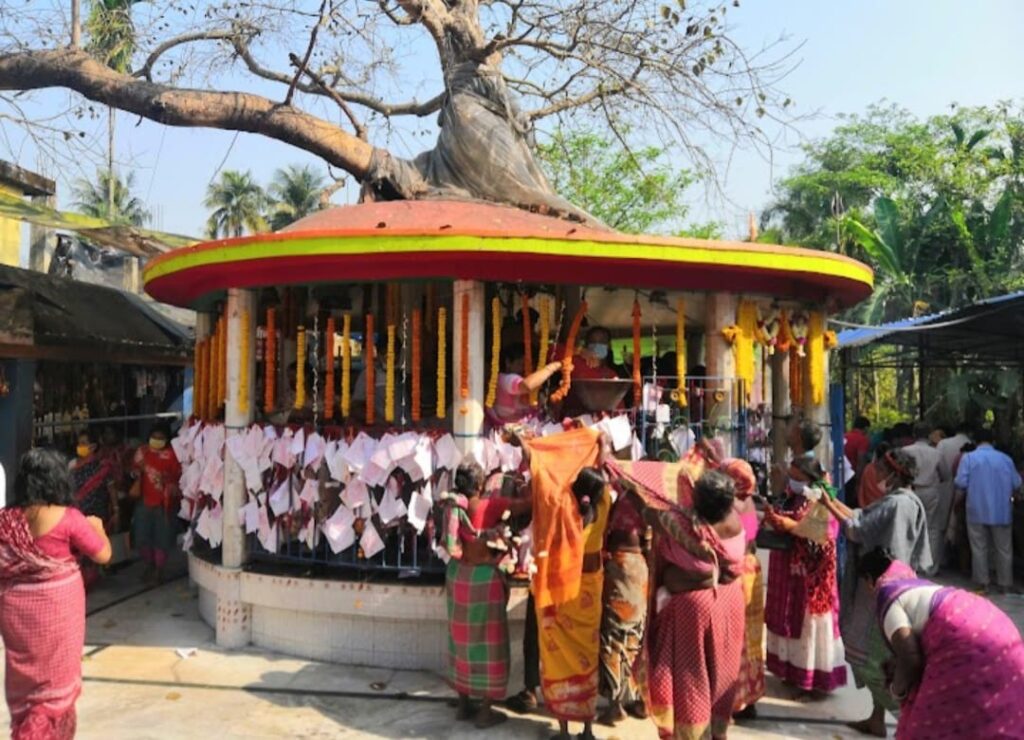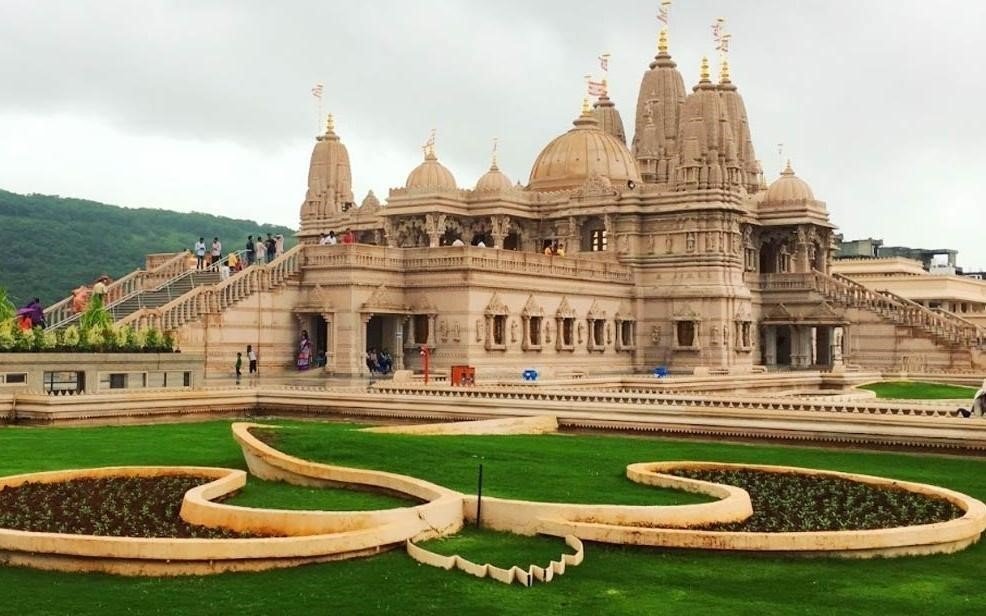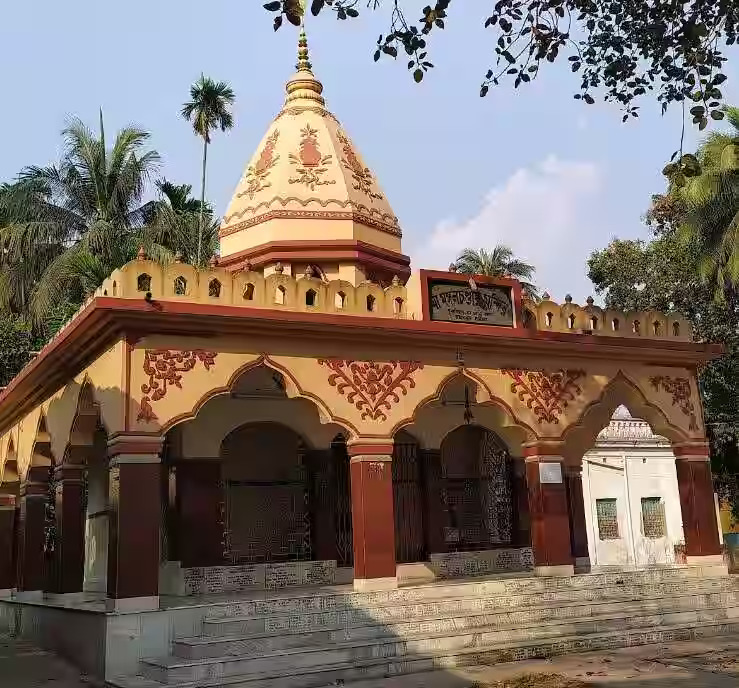
Gupta Vrindavan Dham
Bawali village, located near Kolkata, has been a densely populated village since before the rise of the city. Surrounded by more than a hundred temples, constructed by local zamindar’s, the village has earned recognition as a significant religious and cultural center. It is said that Sri Chaitanya Dev visited this village during his lifetime, and the influence of Vaishnavism can still be observed among the villagers. The temples attached to the zamindar’s estate have gained the name “Gupta Vrindavan,” further highlighting the village’s deep spiritual heritage.

boro kachari temple
Baba Bara Kachari Mandir is a place of worship for Hindus rooted in the secular ideas and beliefs of rural Bengal. Lord Shiva is worshiped here.

Muchisha Nursery Hub
Muchisa Nursery Hub – India’s largest nursery hub, known as “The Nursery Village Muchisa,” is home to around 20,000 small and large nurseries. These nurseries sustain their livelihoods by supplying nursery plants across India. With an annual turnover exceeding $10 million, the hub is a significant center for various types of plants. Visitors can explore and purchase a wide range of plant species from this vibrant nursery village.

burul ferry ghat
A ferry ghat is a place where a ferry docks to transport people and vehicles across a body of water.

Shami narayan mandir
BAPS Shri Swaminarayan Mandir, Bhasa, was consecrated and opened to public in the year 2014. History states that Lord Swaminarayan (as Nilkanth Varni) had passed through this land to visit Ganga Sagar (Sagar Island) in the Bay of Bengal.

Budge budge kali bari
In 1992-93, a group of looters, after plundering valuable items, reached the banks of the Ganges in Budge Budge to divide their spoils. Among their loot was a hand-sized stone idol made of black granite. By the riverside, in a cremation ground, on the sacred Panchamundi seat, Swami Karunananda, the guru of Doyal Thakur, consecrated this idol. Over the years, this site has attracted numerous spiritual seekers, including the renowned Kamalakanta. Tarashankar Bandopadhyay also references this place in his work Gosaibaba, where he describes the area and its significance in worship. Owing to the small size of the idol, the goddess is affectionately known in the region as “Khuki Ma” or the Little Mother, and she holds a special place in the hearts of devotees.
